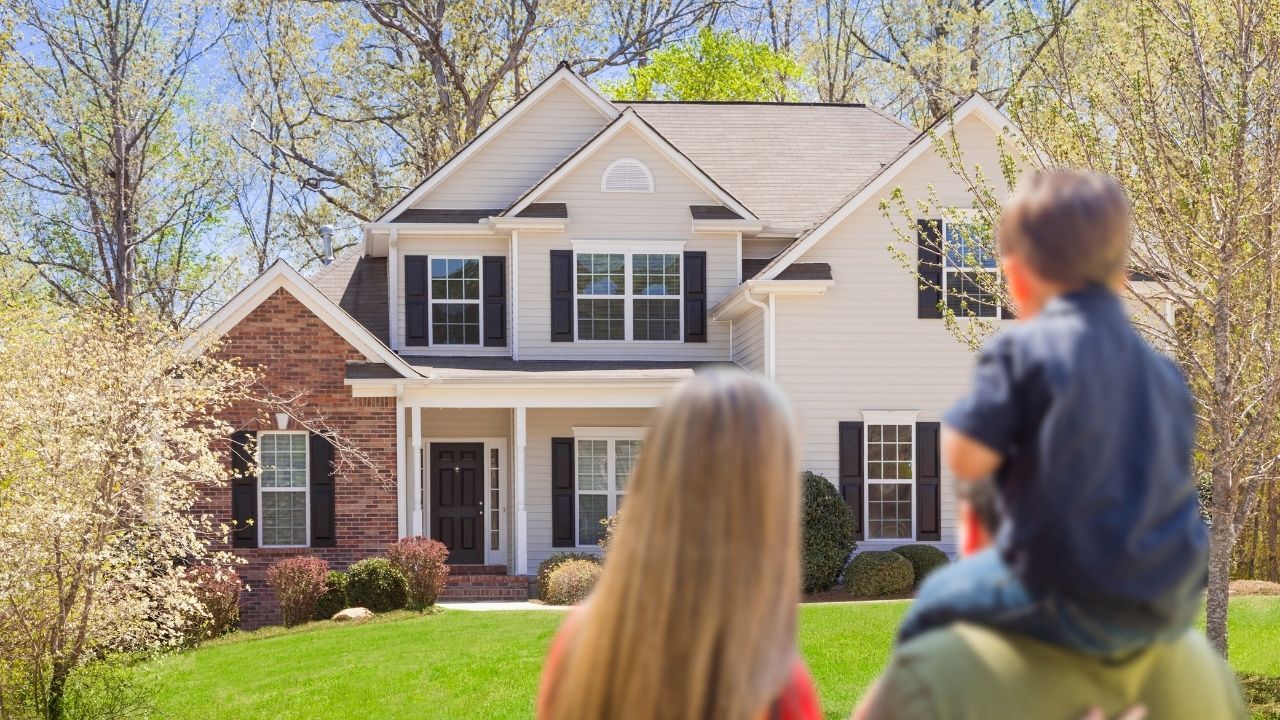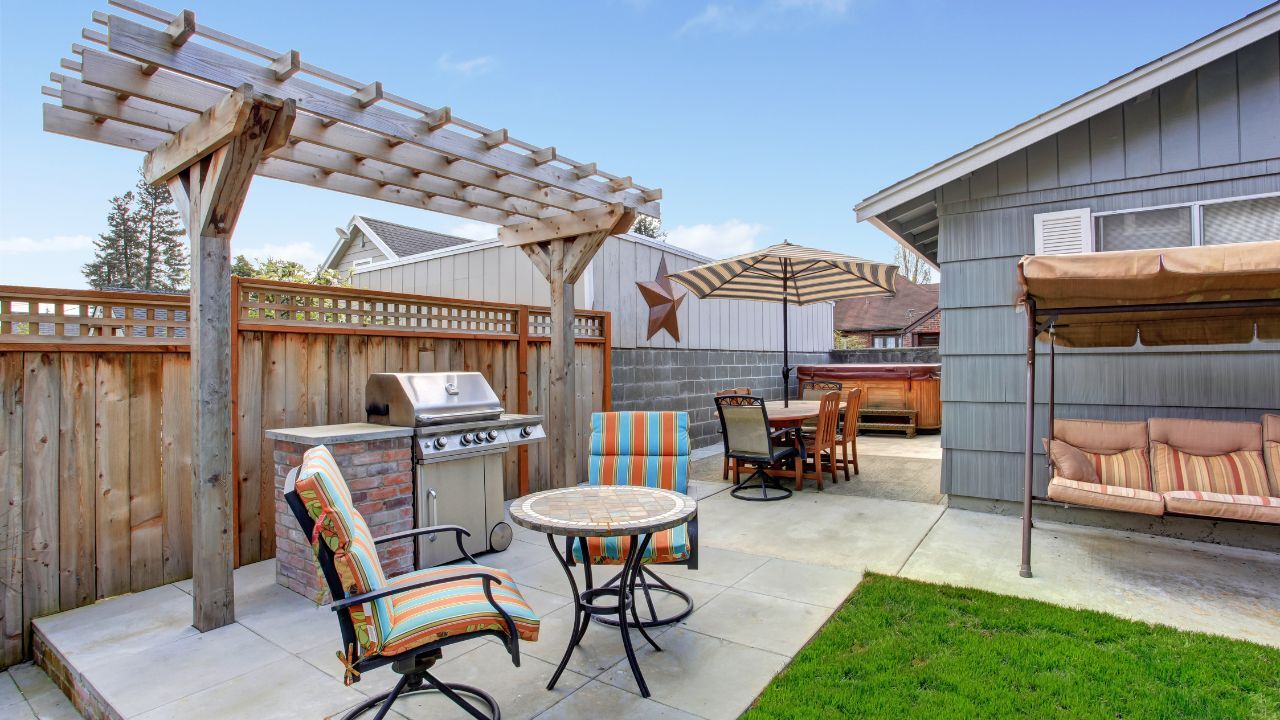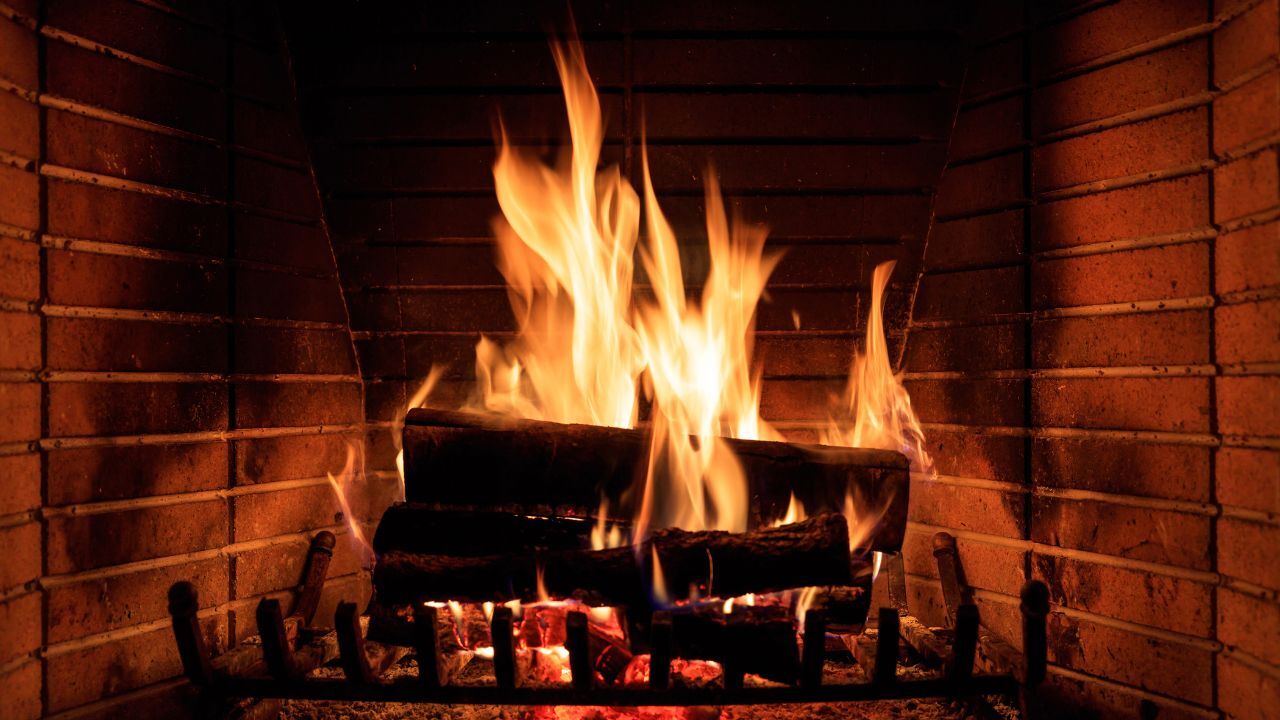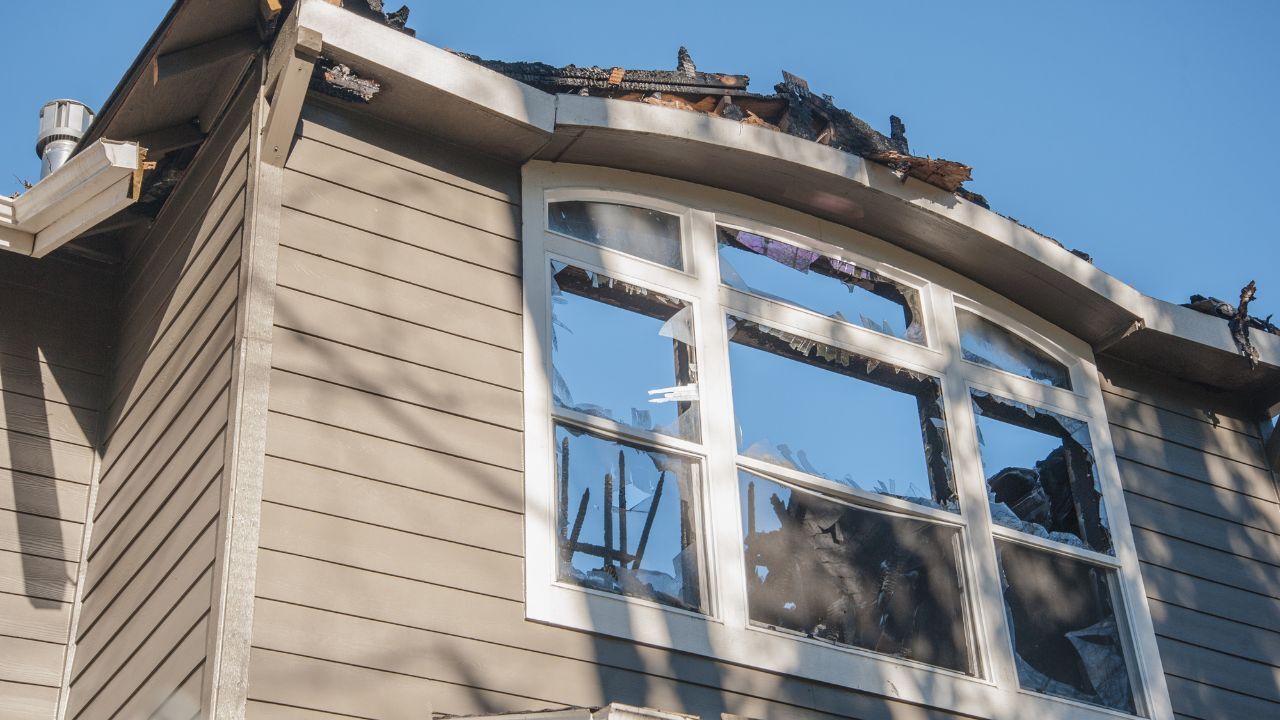 Purchasing a home is one of the most important financial and emotional decisions most people will make. While it can be exciting, it can also lead to disappointment if key factors are overlooked during the process. As a real estate professional, I often hear from buyers who wish they had done things differently. Below are the most common home buying regrets and what you can do to avoid them.
Purchasing a home is one of the most important financial and emotional decisions most people will make. While it can be exciting, it can also lead to disappointment if key factors are overlooked during the process. As a real estate professional, I often hear from buyers who wish they had done things differently. Below are the most common home buying regrets and what you can do to avoid them.
1. Underestimating Total Costs
One of the most common regrets is failing to account for the full cost of homeownership. Many buyers focus solely on the mortgage payment, overlooking additional expenses such as property taxes, insurance, maintenance, and utility bills. These costs can add up quickly and impact monthly budgets.
How to Avoid It: Ask your real estate agent and lender to provide a complete cost breakdown before you commit. Budget for regular maintenance and set aside funds for unexpected repairs.
2. Buying Too Quickly
In competitive markets, it is easy to feel rushed into making an offer. Some buyers later regret not taking enough time to research the neighborhood, inspect the property thoroughly, or weigh all their options.
How to Avoid It: While acting quickly is sometimes necessary, do not skip due diligence. Review inspection reports carefully, visit the home at different times of day, and talk to neighbors if possible.
3. Choosing the Wrong Location
Buyers sometimes fall in love with a home and overlook the location. Later, they may find the commute is too long, the school district does not meet their needs, or the neighborhood does not feel like home.
How to Avoid It: Location is one of the few things you cannot change. Make sure to consider your lifestyle needs, future plans, and local amenities before making an offer.
4. Settling on Size or Layout
Another common regret is buying a home that is either too small or not well suited for the buyer’s long-term lifestyle. It might seem like a smart compromise at the time, but living with limited space or an awkward floor plan can quickly become frustrating.
How to Avoid It: Think ahead. Will the home still work for you in five years? Consider growing families, work-from-home needs, or aging in place. Prioritize layout and functionality over cosmetic finishes.
5. Skipping a Home Inspection
In hot markets, some buyers waive the home inspection to make their offer more competitive. Unfortunately, this can lead to major regrets if serious issues go unnoticed.
How to Avoid It: Always have a professional home inspection, even if you need to shorten timelines. An inspection provides peace of mind and can uncover issues that may affect your decision or future expenses.
Home buying should be a rewarding experience, not one filled with regrets. By planning ahead, asking the right questions, and working with a trusted real estate professional, you can make confident decisions that lead to lasting satisfaction.
 The first step to spotting a great deal in real estate is to understand the current market conditions. Is it a buyer’s market with plenty of inventory and lower prices, or a seller’s market, where competition is high and prices rise quickly? Knowing the market type helps you identify opportunities. In a buyer’s market, you might find undervalued homes or motivated sellers. In a seller’s market, great deals might be rare but still possible with the right strategy.
The first step to spotting a great deal in real estate is to understand the current market conditions. Is it a buyer’s market with plenty of inventory and lower prices, or a seller’s market, where competition is high and prices rise quickly? Knowing the market type helps you identify opportunities. In a buyer’s market, you might find undervalued homes or motivated sellers. In a seller’s market, great deals might be rare but still possible with the right strategy. Before you begin researching a neighborhood, it is important to identify what matters most to you. Do you prioritize a short commute to work, good schools, or proximity to shopping and dining? Maybe you are looking for quiet streets, larger lot sizes, or vibrant community events. By understanding your personal priorities, you will have a clearer idea of what to look for during your search.
Before you begin researching a neighborhood, it is important to identify what matters most to you. Do you prioritize a short commute to work, good schools, or proximity to shopping and dining? Maybe you are looking for quiet streets, larger lot sizes, or vibrant community events. By understanding your personal priorities, you will have a clearer idea of what to look for during your search. Buying a home is one of the largest investments most people will make. It is exciting, but it can also feel overwhelming, especially when you are trying to decide whether the home you love is priced fairly. So how do you know if you are getting a good deal? The answer involves more than just looking at the listing price. Here are the key factors to consider.
Buying a home is one of the largest investments most people will make. It is exciting, but it can also feel overwhelming, especially when you are trying to decide whether the home you love is priced fairly. So how do you know if you are getting a good deal? The answer involves more than just looking at the listing price. Here are the key factors to consider. A pocket listing is a property that is for sale, but not publicly advertised. It is not listed on major real estate websites or even MLS. Instead, the agent keeps the listing “in their pocket,” only sharing it with trusted colleagues, buyers, or clients they know are serious.
A pocket listing is a property that is for sale, but not publicly advertised. It is not listed on major real estate websites or even MLS. Instead, the agent keeps the listing “in their pocket,” only sharing it with trusted colleagues, buyers, or clients they know are serious. When you are buying a home, you are likely thinking about how it fits your life. Is the kitchen big enough? Does it have a home office? Is the backyard right for pets or kids? But what if I told you that thinking like a seller can make you a smarter buyer?
When you are buying a home, you are likely thinking about how it fits your life. Is the kitchen big enough? Does it have a home office? Is the backyard right for pets or kids? But what if I told you that thinking like a seller can make you a smarter buyer? A small backyard can still offer a wealth of potential and charm when you approach it with the right mindset. If you’re looking for a home with a smaller outdoor space, don’t dismiss the idea just because of the size.
A small backyard can still offer a wealth of potential and charm when you approach it with the right mindset. If you’re looking for a home with a smaller outdoor space, don’t dismiss the idea just because of the size. A fireplace is often considered a symbol of comfort, warmth, and charm in a home. While it may seem like a luxury feature, buying a home with a fireplace can bring numerous advantages that go beyond just providing a cozy ambiance. Whether you’re looking for a functional addition or a way to increase your home’s value, a fireplace can offer both.
A fireplace is often considered a symbol of comfort, warmth, and charm in a home. While it may seem like a luxury feature, buying a home with a fireplace can bring numerous advantages that go beyond just providing a cozy ambiance. Whether you’re looking for a functional addition or a way to increase your home’s value, a fireplace can offer both. Buying a home is one of the biggest financial and lifestyle decisions you’ll make. While most buyers focus on location, price, and size, there are several overlooked factors that can impact your long-term satisfaction. Here’s what to keep in mind when searching for the perfect home.
Buying a home is one of the biggest financial and lifestyle decisions you’ll make. While most buyers focus on location, price, and size, there are several overlooked factors that can impact your long-term satisfaction. Here’s what to keep in mind when searching for the perfect home. Purchasing a home is a major investment, and while a property with a history of fire damage may come at a lower price, it also carries potential risks. Before moving forward with such a purchase, it is essential to understand the long-term implications and necessary precautions.
Purchasing a home is a major investment, and while a property with a history of fire damage may come at a lower price, it also carries potential risks. Before moving forward with such a purchase, it is essential to understand the long-term implications and necessary precautions.